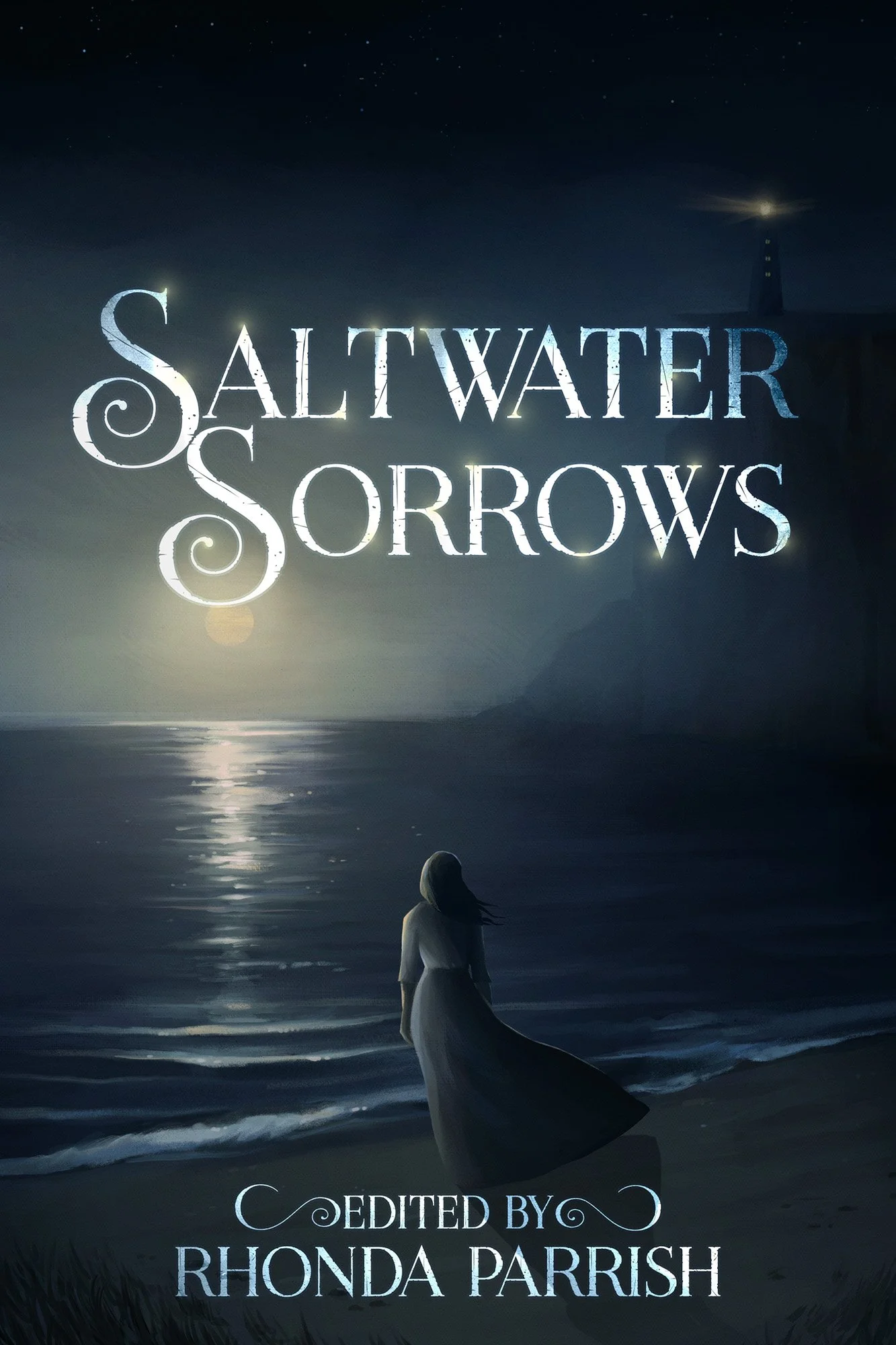Chandra Fisher
Chandra Fisher writes novels and short stories for everyone from kids to adults. She’s a teacher and a mom, and obsessed with textiles, books, and plants.
Chandra started writing as a tween, mostly journaling and (horrible) poetry. She was first published at age 17 with a poem called How Nature Speaks (this one was actually pretty good).
She fell out of writing for a long time, but after her fourth child was born she wanted to explore something just for her, and the universe (no, really) told her she should give writing a go.
Since then, she has participated in writing mentorship programs and won two Canada Council for the Arts grants. Her novel “All Things Dead and Dying” was shortlisted for the Times/Chicken House publishing contest. She has published short stories with Tyche Books and Prairie Soul Press, and her story “Sink Your Sorrows to the Sea” was shortlisted for an Aurora Award.
Chandra lives in Alberta, Canada, with her spouse, four kids, two black cats and a constantly varying number of plants. Right across the street there are woods, and considering the content she writes, she keeps a very close watch on them at all times. To keep tabs on Chandra, check her out on Twitter, TikTok, or Instagram!
Pronouns: She/They
Deep, mysterious, beautiful . . . dangerous . . .
Women and the sea have been tied together in myth and story from the beginning of time. Tales of women being drawn to the sea or being left on the shore, waiting for their men's return, have been passed down through the ages.
But what mysteries lie beneath the sparkling placid waters? What power drives the wind and waves crashing against the shore? There is transformation and exaltation—magic—in the ocean and women alike. And both know that while the sea gives, the sea also takes.
Sink into the icy depths of the ocean with these stories by: E.E. King; Natalie Cannon; Morgan Melhuish; Paul A. Hamilton; Laura VanArendonk Baugh; Sarah Van Goethem; Adria Laycraft; Dino Parenti; B. Zelkovich; Lisa Carreiro; Lea Storry; Nikoline Kaiser; Elin Olausson; Chandra Fisher; Hayley Stone; V.F. LeSann; Catherine MacLeod; and Jennifer R. Donohue.
Would the contents of your bookshelf get you burned as a witch in the past? Throughout history, women accused of being witches and put to death by burning, stoning, hanging, or drowning were women who were smart, educated, healers, single, widowed, old, overly social, confident, too beautiful, too ugly, sexual, subversive, and deviant. Witches have been most often portrayed as evil, living solitary lives in the forest, eating children, and communing with the devil. But in recent years, women have been reclaiming the word "witch" to symbolize female empowerment. This excites us very much and makes us wonder what stories about witches and the Canadian Prairies could be told!


